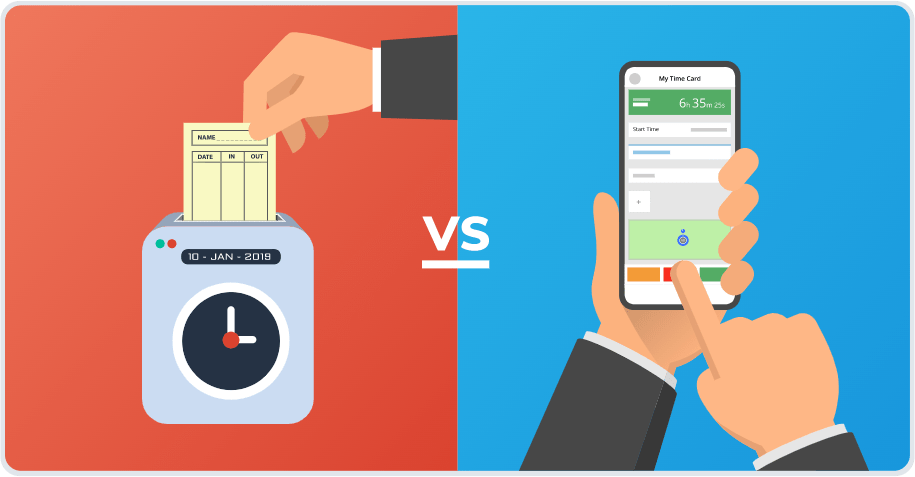44 percent of small businesses say their biggest time tracking struggle is timesheet errors
Getting employees to clock in on time, collecting timesheets, manually entering time data for payroll, correcting timesheet errors: These are just a few examples of the major challenges business owners face in the time tracking world. But a 2018 study conducted by QuickBooks Time revealed that 44 percent of business owners struggle with timesheet errors most of all — some of them on a weekly or even daily basis.1
Inaccurate timesheets can result in unnecessary payroll costs and administrative burden, two things small business owners with tight budgets and even tighter schedules simply can’t afford. Some business owners blame their time tracking system for these ongoing mistakes — about 8 percent say their current system is too confusing or unreliable — but 92 percent of business owners speculate user errors (or how the time tracking system is used) are the more likely cause of timesheet errors.
Fortunately, there are a few easy steps business owners can take to ensure employee timesheets are as accurate as possible — no matter what system they use to track time.
















